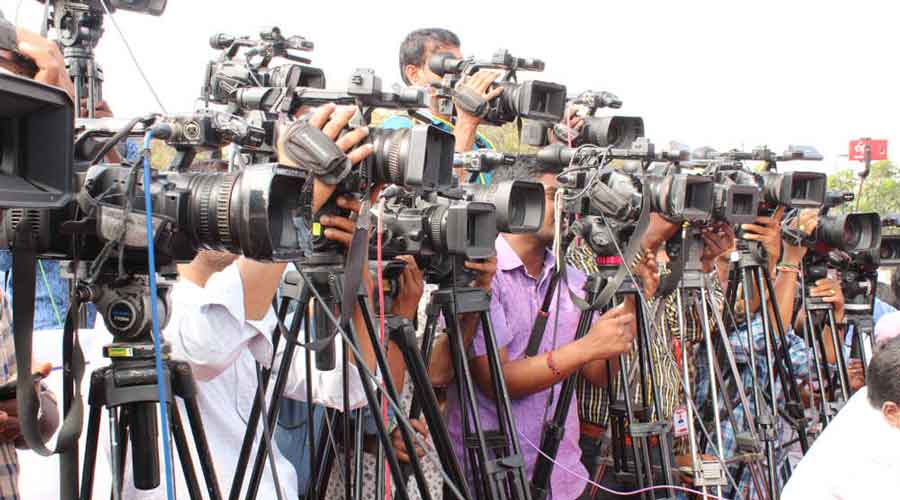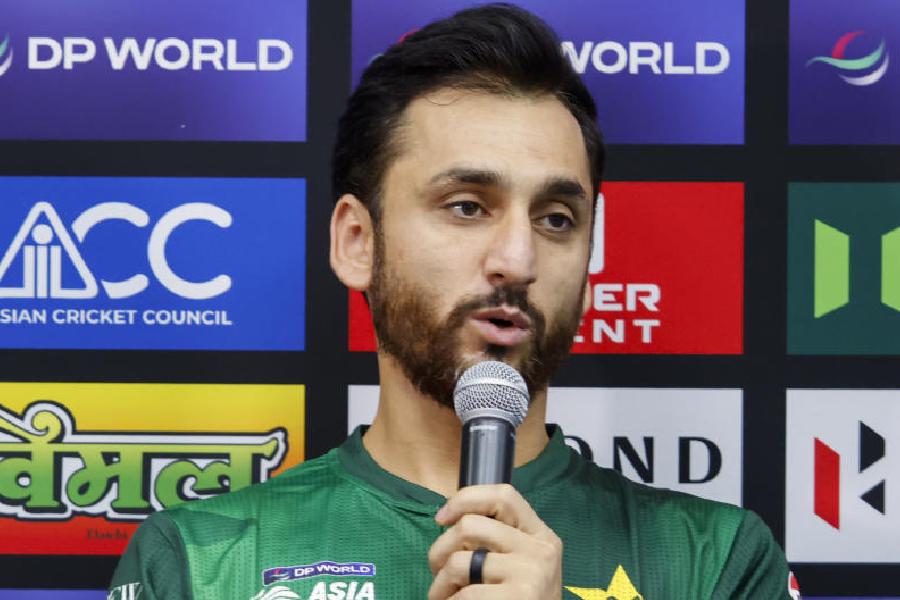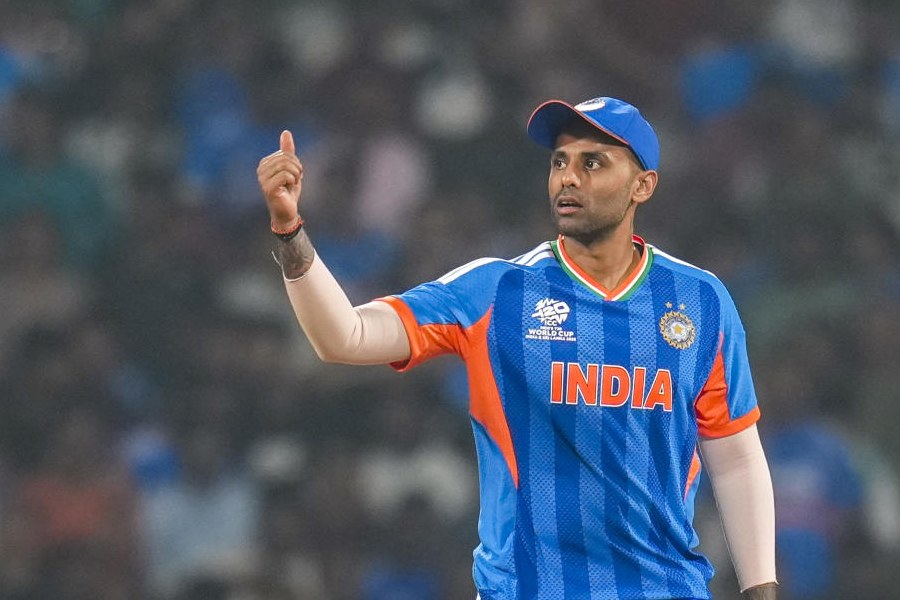The ministry of information and broadcasting has amended the media accreditation policy to state that an accredited journalist can lose the recognition if he or she “acts in a manner which is prejudicial to the sovereignty and integrity of India, the security of the state, and friendly relations with foreign states”.
Accreditation can also be withdrawn for acts that are detrimental to public order, decency or morality, besides in case of contempt of court, defamation or incitement of offence.
In the earlier guidelines, accreditation could be withdrawn if misused or suspended. It did not spell out specific instances. Officials who have been involved with the process said what the new guidelines does is essentially make explicit what was always implicit.
The accreditation issued by the Press Information Bureau (PIB) on the basis of security clearance by the Union home ministry is essentially to facilitate entry of journalists into government buildings. Even this is subject to the discretion of the ministry concerned, as a result of which entry to the ministries of defence and external affairs is not solely on the basis of the PIB accreditation.
Accreditation can be suspended if a journalist or the media organisation he or she represents is found to have furnished false or forged information or documents.
“In such an event, the journalist/ media organisation shall be debarred from accreditation for up to a maximum of five years but not less than two years, as may be decided by the CMAC (Central Media Accreditation Committee),” the Central Media Accreditation Guidelines-2022, announced on Monday, says.
Accredited media persons have been prohibited from using the words “accredited to the government of India” on public or social media profiles, visiting cards, letter heads or on any other form or published work.
The ministry is forming the CMAC, chaired by the principal director-general, PIB, and having 25 members nominated by the government. The committee will function for two years from the date of its first meeting and will be responsible for suspending the accreditation of journalists.
A sub-committee of the CMAC consisting of five members nominated by the CMAC will take decisions on accreditation cases. The sub-committee will also be chaired by the principal DG, PIB.
With the new guidelines, accreditation has been extended for the first time to digital media. Accreditation is renewed on an annual basis at the end of the calendar year. This year, that process has been delayed and the validity of last year’s accreditation extended till April-end, partly because the ministry was in the process of finalising the new guidelines.
For online news platforms, digital news publishers applying for accreditation should furnish requisite information to the ministry of information and broadcasting under Rule 18 of the Information Technology (Intermediary Guidelines and Digital Media Ethics Code), Rules, 2021, and should not violate the rules.
The policy states that the online platform must have existed for over a year and needs to report the website’s “average monthly unique visitor count of last six months duly certified by the website’s CAG-approved/ empanelled auditors”.
The website should have a registered office in India and the correspondents should be based in Delhi or the National Capital Region, the guidelines said.
In case the information submitted by the applicant is found to be false, he or she shall be debarred from applying for accreditation for the next three years.
News aggregators are not being considered for accreditation, the government said.










